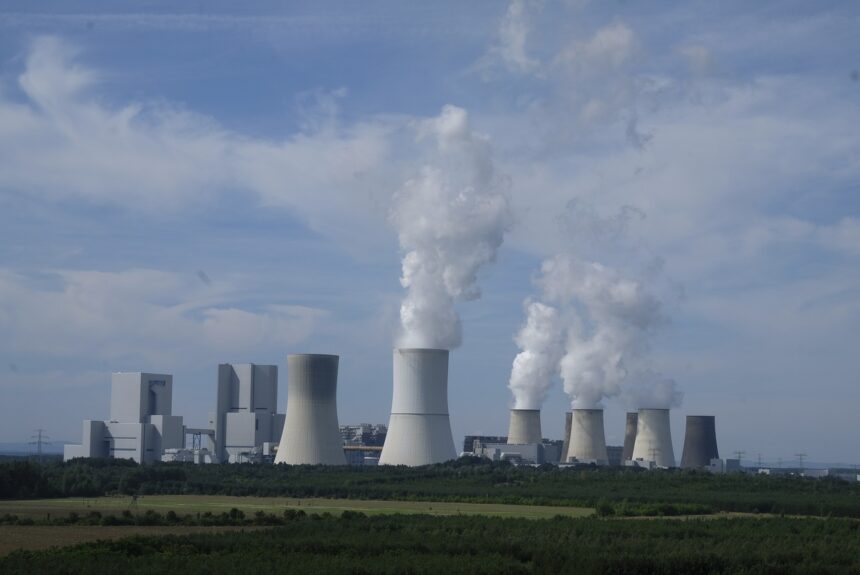Meta is working to expand its artificial intelligence (AI) efforts. To accomplish this goal, the company will need to build many more data centers, which will demand a lot of energy. Meta wants to expand its nuclear capacity to attain the needed energy sustainably.
The technology giant has launched a request for proposals (RFP) for developers to help build one to four gigawatts of new nuclear energy capacity. One gigawatt is enough energy to power approximately 876,000 houses annually. One gigawatt (or 1,000 megawatts) is the size of the large light-water reactors in the U.S.The RFP emphasizes that the company is open to using either larger traditional nuclear reactors or innovative small modular nuclear reactors. The RFP noted that Meta is looking for developers with strong community engagement and the expertise to manage a reactor through the development and permitting process until it goes online.
>>>READ: Ten of the World’s Leading Small Modular Reactor Companies
“Advancing the technologies that will build the future of human connection—including the next wave of AI innovation—requires electric grids to expand and embrace new sources of reliable, clean, and renewable energy,” Meta commented. “We believe that nuclear energy can help provide firm, baseload power to support the growth needs of the electric grids that power both our data centers (the physical infrastructure on which Meta’s platforms operate) and the communities around them.”
According to the International Energy Agency, data centers account for 1 to 1.5 percent of global electricity use. With the growth of AI, that figure is set to explode. Analysts predict data center power consumption will grow by 3 to 4 percent by the decade’s end. By 2030, Goldman Saches research estimates that carbon emissions from these data centers will be more than double 2022 emission rates.
Experts also predict that data centers in the United States will consume 8 percent of generated power by 2030, compared to 3 percent in 2022. AI is estimated to represent 19 percent of data center energy consumption by 2028. These figures are big problems for technology giants like Meta that want to innovate but also have sustainability targets to reach (and a reputation to maintain).
It is also challenging for energy developers who want to deploy affordable, reliable, and cleaner electricity to keep up with rising demand. Regulatory red tape and cumbersome permitting processes make it difficult to bring new generations online promptly.
Meta has a public goal of reaching net zero carbon emissions by 2030. Nuclear power could be the key to meeting increased energy demand while reducing carbon emissions. With this latest RFP, Meta is joining the ranks of giants, such as Google, Amazon, and Microsoft, each betting on nuclear power.
Meta aims to bring reactors online by the early 2030s. “At Meta, we believe nuclear energy will play a pivotal role in the transition to a cleaner, more reliable, and diversified electric grid,” noted the company.
Will data centers be the key to unlocking a true nuclear renaissance? Time will tell.
>>>READ: Zap Energy is Leading the Future of Fusion
The views and opinions expressed are those of the author’s and do not necessarily reflect the official policy or position of C3.
